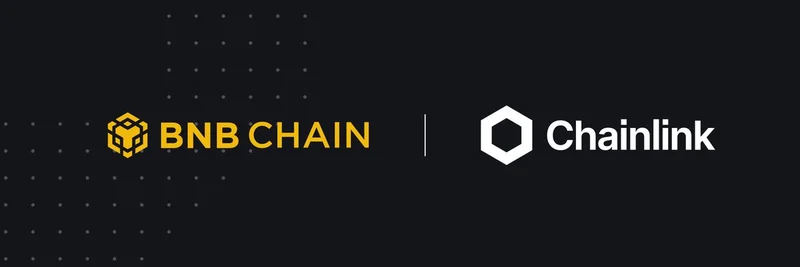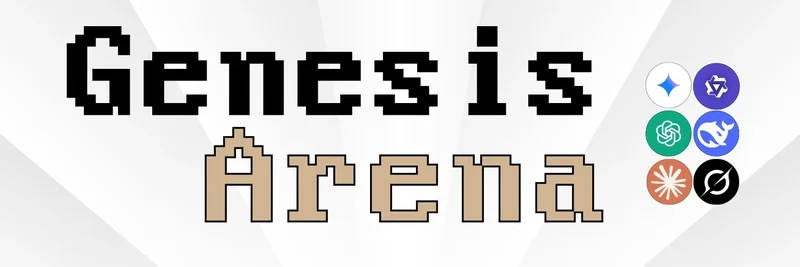Hey there, crypto enthusiasts! If you're deep into the world of blockchain and always on the lookout for ways traditional finance is merging with Web3, you've got to check this out. BNB Chain, one of the biggest players in the blockchain space with a massive community of developers and users, just announced they're integrating the Chainlink data standard. This move brings official U.S. economic data straight onto the chain, and it's a game-changer for building next-gen apps.
What Exactly Is Happening?
In a recent post on X (formerly Twitter), BNB Chain shared their excitement about adopting Chainlink's data feeds. These feeds pull in key macroeconomic indicators from the U.S. Department of Commerce's Bureau of Economic Analysis. We're talking about stuff like Gross Domestic Product (GDP), the Personal Consumption Expenditures (PCE) Price Index—which is a big deal for measuring inflation—and Real Final Sales to Private Domestic Purchasers. For the uninitiated, these are real-world economic stats that governments and businesses rely on to gauge the health of the economy.
Chainlink, known as the go-to oracle network in crypto, acts as a bridge here. Oracles are basically middleware that fetch off-chain data (like these government stats) and make it verifiable and usable on blockchain networks. By integrating this, BNB Chain is ensuring developers get reliable, tamper-proof data in real-time, without the risks of centralized points of failure.
Why This Matters for Developers and Users
This isn't just tech jargon—it's opening doors for some seriously innovative use cases. Imagine creating digital assets tied to real economic performance, or prediction markets where bets are settled based on official GDP numbers. Perpetual futures could benchmark against government data, making them more aligned with traditional markets. And for DeFi protocols, this means better risk management by incorporating macroeconomic conditions directly into smart contracts.
For those in the meme token scene (hey, that's our specialty here at Meme Insider), think about how this could spice things up. Meme tokens often thrive on hype and community, but integrating real economic data could lead to fun, gamified apps like meme-based prediction markets on inflation trends or GDP growth. It bridges the gap between viral memes and serious financial tools, potentially attracting more users to BNB Chain's ecosystem.
Bridging TradFi and Web3
BNB Chain's move is part of a broader trend where blockchain ecosystems are getting more intertwined with traditional systems. With Chainlink's proven track record—powering trillions in value across DeFi— this integration strengthens the trust and utility of on-chain applications. It's all about making Web3 more robust and appealing to institutional players who need that reliable data backbone.
If you're a developer on BNB Chain, this is your cue to experiment. Head over to Chainlink's documentation or BNB Chain's resources to see how you can plug these feeds into your projects. And for the rest of us, it's exciting to watch how this evolves the space.
Stay tuned for more updates on how integrations like this are shaping the future of meme tokens and beyond. What do you think—will this spark a new wave of economic-themed memes? Drop your thoughts in the comments!




